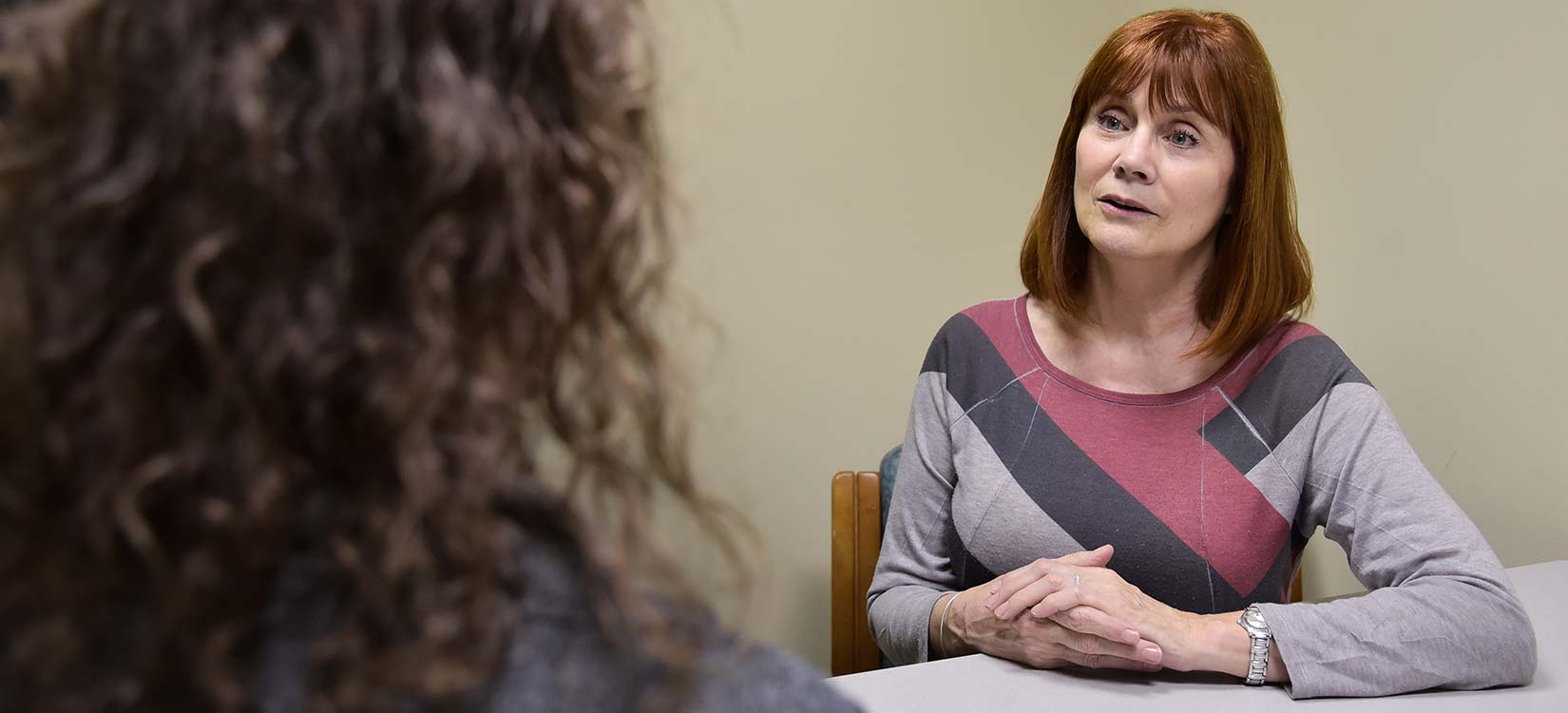TBI Network helps people chart new life paths after brain injury

Though the Traumatic Brain Injury (TBI) Network sees more clients from disadvantaged backgrounds and minorities than other providers in Ohio, the truth is that TBI can affect anyone, regardless of race or socioeconomic status.
When "Jessica" (name withheld for privacy) came to the TBI Network seeking assistance, she struggled with depression and alcohol dependence, as well as the question of what she should do with the rest of her life. "Jessica" is a Caucasian woman who worked for more than 20 years as an elementary school reading specialist. Then, one day at work, she fell on the stairs and suffered a TBI. A few years later, she fell again. The cognitive impairments were severe enough to force her into early retirement and onto the state disability system.
The TBI Network counselors noticed that "Jessica" seemed reserved and cynical, mistrustful of not only other people but also herself—attributes they say that are common among people who suffer from TBI. They helped her join a woman’s support group and get sober. They also helped her identify a new career path as a drug and alcohol counselor.
The past two years haven’t been easy. While working toward her credentials and personal recovery from TBI, "Jessica" was diagnosed with breast cancer. She went through treatment and maintained sobriety, bolstered by the practical and emotional support she received from the TBI Network staff. Today she is like a new person, someone who seems relaxed and optimistic, having achieved her new career goal with a job offer as a drug and alcohol counselor.
“Our clients have taught me resilience, and the importance of persistence,” says case manager Tim Schilling. “I marvel that these people have suffered deficits and losses that dramatically changed their lives, and yet they have the willingness to keep going and learn new ways of doing things. They’ve shown me that we can accommodate these life changes and still achieve our goals.”

